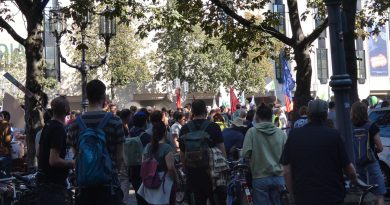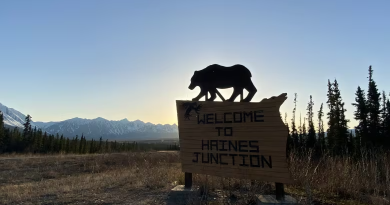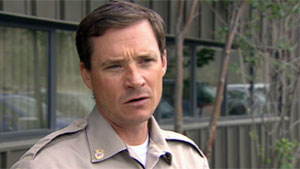Canada’s 2019 budget slim on hard power Arctic commitments, experts say
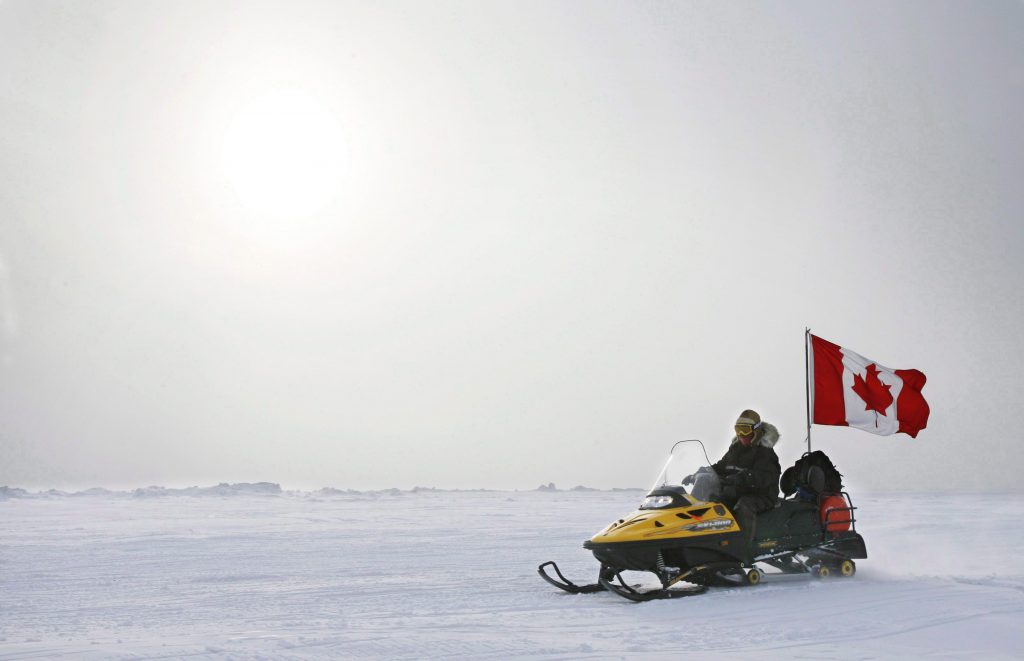
While the new Liberal budget promises to spend $700 million over the next 10 years for things like post-secondary education in Canada’s North, new infrastructure and Arctic research, there is barely any mention of investing in the government’s hard power Arctic capabilities, experts say.
The 2019 budget gives the Canadian military funds to extend its missions halfway around the world in the Middle East and in Ukraine, but experts say there is no new money for beefing up Canada’s military or constabulary capabilities in the Arctic beyond what was pledged in the 2017 budget.
Finance Minister Bill Morneau tabled the budget on Tuesday and with the Oct. 21 federal election in mind the Liberal government has been in a full sales pitch mode to promote the budget.
But it’s a tough sell among some Canadian defence experts.
‘An election budget’
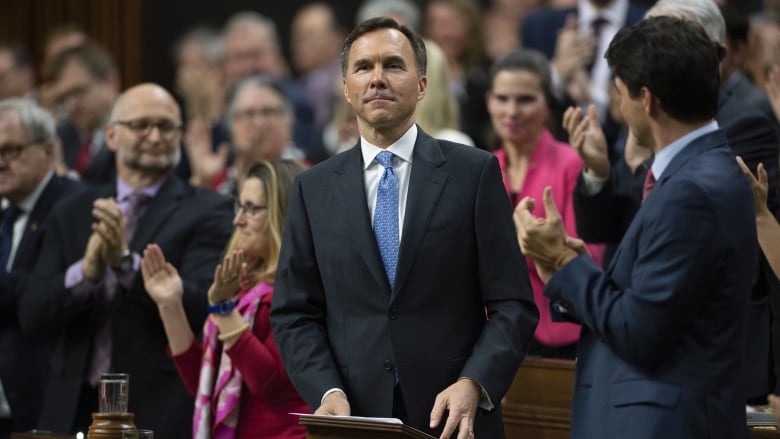
“Obviously it’s an election budget and I think they’re trying to hit some key demographics and the military might not be one,” said Adam MacDonald, deputy director at the Centre for the Study of Security and Development at Dalhousie University in Halifax.
The budget does contain “a sizeable piece” of funding for veterans and for members of the military transitioning to civilian life, MacDonald added.
“I think the government probably doesn’t feel that they are vulnerable on security and defence issues, that a lot of voters will base their votes on what we are going to do overseas or what ships we’re going to build,” MacDonald said. “But I do think the veteran file is very sensitive and it can cause political problems if it looks like they’re not addressing it and taking it seriously.”
The budget also sets aside $21.8 million over five years, starting in 2019–20 for Environment and Climate Change Canada for upgrades and repairs to the aircraft runway, sewage, ventilation and plumbing at the Eureka Weather Station on Ellesmere Island, Nunavut.
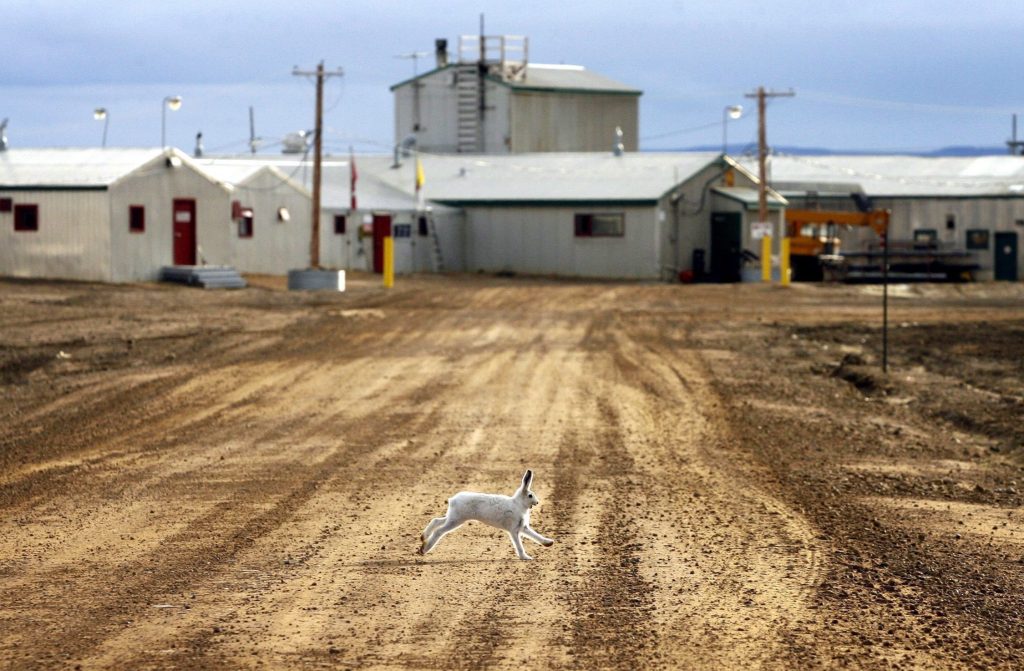
Investment in the upkeep and maintenance at the weather station located on Canada’s northernmost island is also important because Eureka forms an important communications chain that the Canadian military uses in the High Arctic, MacDonald said.
“Once you get up to those high latitudes, it becomes far more difficult to communicate,” MacDonald said. “So it’s a bit of a relay station from (the Canadian Forces Station) Alert down to Eureka.”
But that’s pretty much it for the military investments in the Arctic in the 2019 budget, MacDonald added.
Strong, Secure, Engaged?
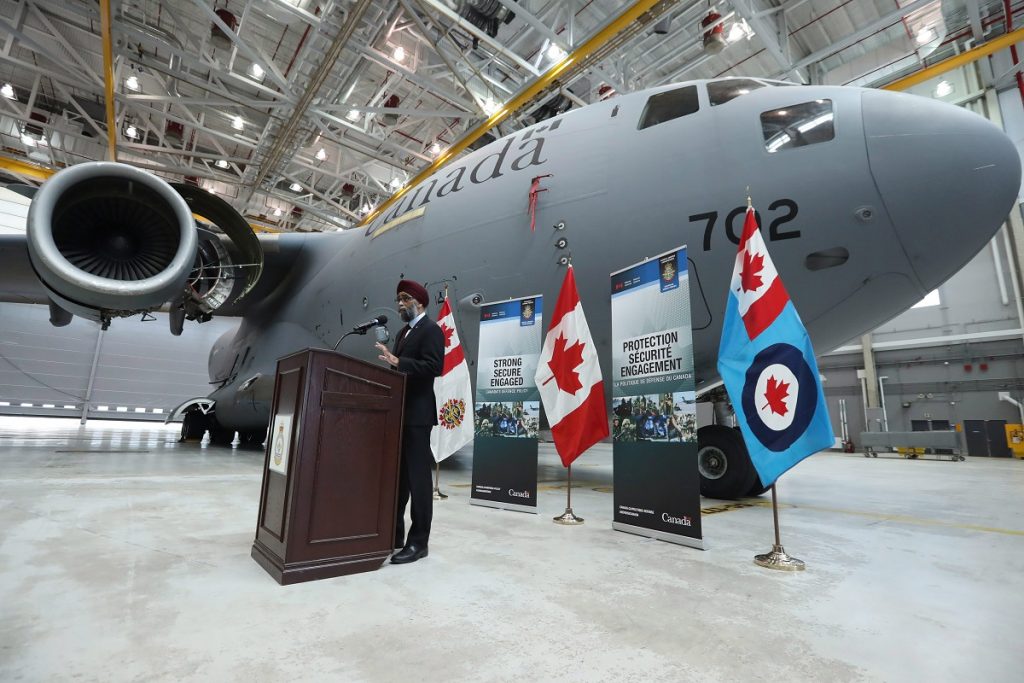
MacDonald said most of the big-ticket items for the Canadian military were laid out when the government of Prime Minister Justin Trudeau unveiled its 2017 defence policy, pledging to increase Canada’s annual military spending by 70 per cent to $32.7 billion over the next decade.
The ambitious policy called Strong, Secure, Engaged set out plans to increase the size of Canada’s regular and reserve forces, invest in better care for soldiers and veterans, buy a new fleet of 88 fighter jets and 15 new navy warships, as well as invest in high-tech drones, cyber warfare, space and intelligence capabilities.
Rob Huebert, associate professor in the Department of Political Science at the University of Calgary and senior research fellow with the Centre for Military and Strategic Studies, said the budget “puts the lie” to the Liberals’ defence policy review.
The pre-election budget shows the Trudeau government has no intent of following up on its promises made in its Strong, Secure, Engaged defence policy.
And with less than eight months to go before the elections, the Liberal government has yet to present its Arctic and Northern Policy Framework, Huebert said.
“The other thing that the government kept saying it was going to do is, of course, to have this full blown competition for the replacement fighter jets,” Huebert said. “Where is that in the budget? Where are the funds for setting up this super-duper review and competition. And once again – crickets.”
Emphasis on northern communities
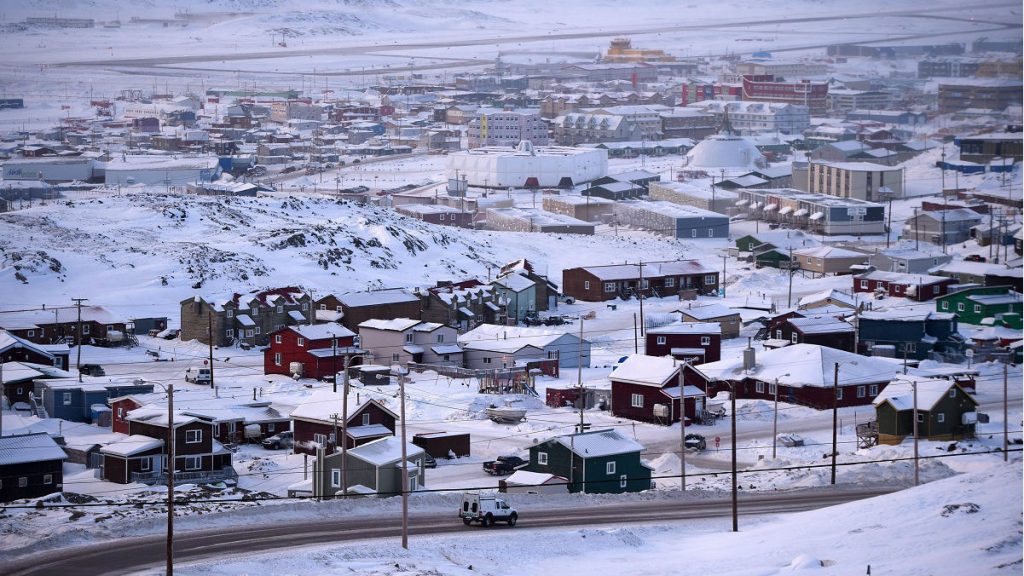
Military spending doesn’t register very high for most Canadian voters, MacDonald said.
“It doesn’t even matter if there is this kind of growing divide between the spending targets and the funding targets and what is actually being achieved now,” MacDonald said.
The budget provides stronger emphasis on building stronger Arctic and northern communities by building infrastructure and connecting the remote communities, which in itself would improve the logistical situation in Canada’s sparsely populated North, he added.
“I think as the military starts moving up north and regularly deploying up there, and possibly increasing the stationing of different service elements, there is going to be this debate how do the logistics work and whether or not it’s more beneficial to maybe not build military-specific assets like ports and airfields but maybe try and use civilian infrastructure that’s being built there in a kind of a dual-use way,” MacDonald said.
As climate change makes the Canadian Arctic Archipelago more accessible to regular shipping, the federal government will be facing increased pressure and demand to place search-and-rescue, navigation assistance and oil spill response assets in the North, he said.
“I think the military piece of that shouldn’t be seen as a totally separate issue,” MacDonald said. “In my opinion it probably should be included in this whole idea how are we going to develop the North.”
Related stories from around the North:
Canada: Canada extends air defence monitoring zone to entire Canadian Arctic, Radio Canada International
Finland: As Finnish Air Force seeks new fighters, expert weighs options, Yle News
Norway: Norway’s experience with F-35 fighter jets offers lesson for Canada, Radio Canada International
Russia: Russia to design Cold-War-style “monster” to patrol Northern Sea Route, The Independent Barents Observer
Sweden: Major deal between Sweden’s Saab and U.S. Air Force a “sign of closer transatlantic ties”, says defence expert, Radio Sweden
United States: U.S. fighter jets intercept Russian aircraft west of Alaska, Alaska Public Media

